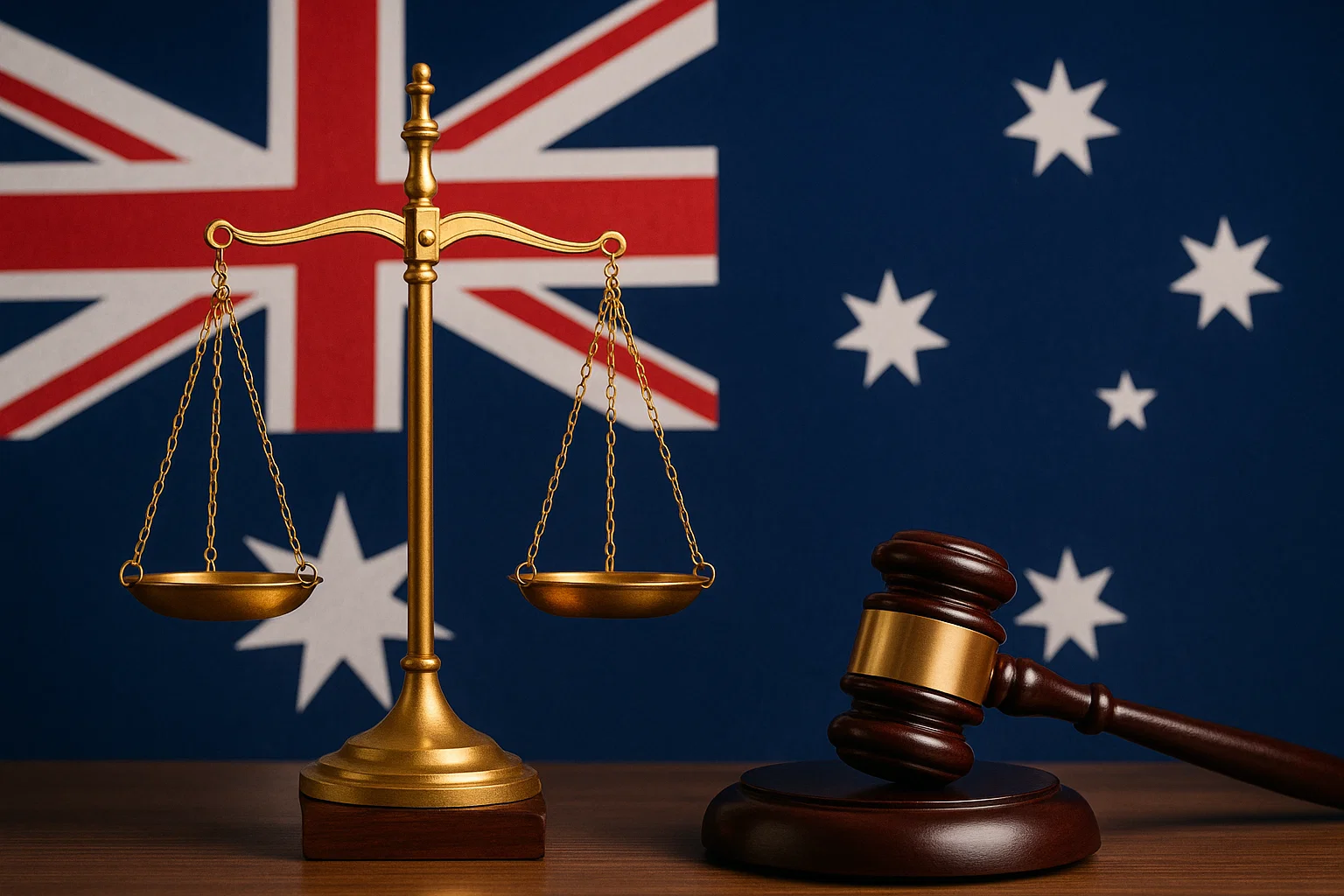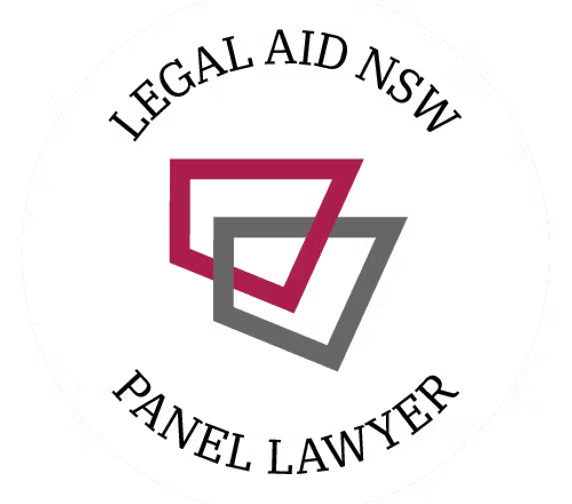When someone is charged with a federal offence in Australia, the outcome can feel daunting.
However, courts have the power to impose a Good Behaviour Bond under section 19B of the
Crimes Act 1914 (Cth)—often referred to as a bond without conviction.
This option allows an individual to avoid a criminal conviction while still being held accountable,
offering an important pathway for rehabilitation and moving forward with a clean slate.
When Can a 19B Bond Be Granted?
A 19B bond may be considered when the court is satisfied that: – The accused’s character,
background, health, age or mental state weighs against recording a conviction; – The offence is of a
less serious nature; or – The offence was committed under extenuating circumstances, such as
family hardship, financial strain, or consequences disproportionate to the offence.
This discretion gives courts flexibility to respond to cases where a conviction may cause
unnecessary long-term damage to someone’s life and livelihood.
What Are the Conditions of a Good Behaviour Bond?
If a section 19B bond is granted, the court dismisses or discharges the charges without recording a
conviction, subject to strict conditions. These may include:
- No further offences for a specified
period (up to 3 years); - Reparation, restitution, or compensation payments—either lump sum or
instalments; - Supervision by a probation officer for up to 2 years, with a requirement to follow all
lawful directions; - Compliance with additional court-imposed conditions, which must be clearly defined at the time of the order.
Failure to comply can result in the bond being revoked and the person being resentenced for the
original offence.
Security vs. Surety
A security involves depositing money with the court, forfeited if conditions are breached. – A surety
means another person guarantees compliance and may be required to pay if the bond is broken.
While securities are relatively common, courts rarely demand sureties in practice.
Why Section 19B Bonds Are Important
Good Behaviour Bonds under section 19B strike a balance between accountability and fairness.
They are particularly significant for: – First-time offenders or those with strong mitigating
circumstances; – Individuals who would face severe consequences from a conviction, such as
restrictions on employment or travel; – Cases where rehabilitation, rather than punishment, is the
appropriate outcome.
Expert Legal Advice Matters
Every case is different, and what qualifies as “extenuating circumstances” will depend on the facts
of the matter and how they are presented in court. Having a skilled lawyer can make the difference
between walking away with a conviction—or with a second chance.
At EAS Legal, our criminal defence lawyers appear daily in courts across Victoria
and have extensive experience in achieving non-conviction outcomes, including 19B Good
Behaviour Bonds.
If you’re facing Commonwealth charges and want to explore whether a Good Behaviour Bond might
apply to your case, contact us today for expert legal advice.
Call us on 1800 117 533 or visit www.easlegal.com.au to arrange a consultation with one of our
experienced criminal lawyers.
Need to speak with a lawyer?
Our experienced lawyers are here to help you understand your legal rights and options. Contact us for a confidential discussion about your situation.


















